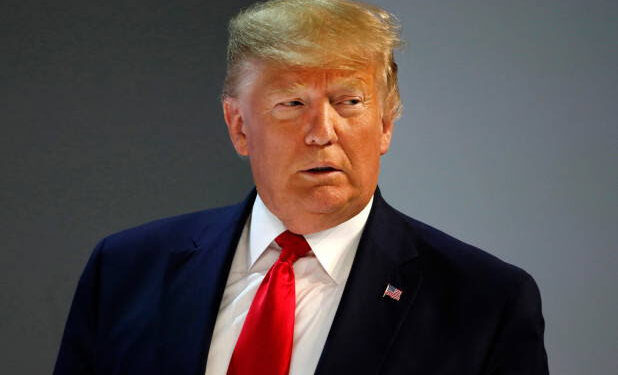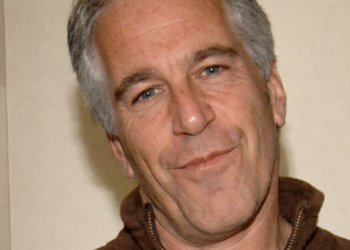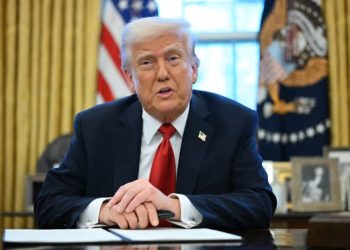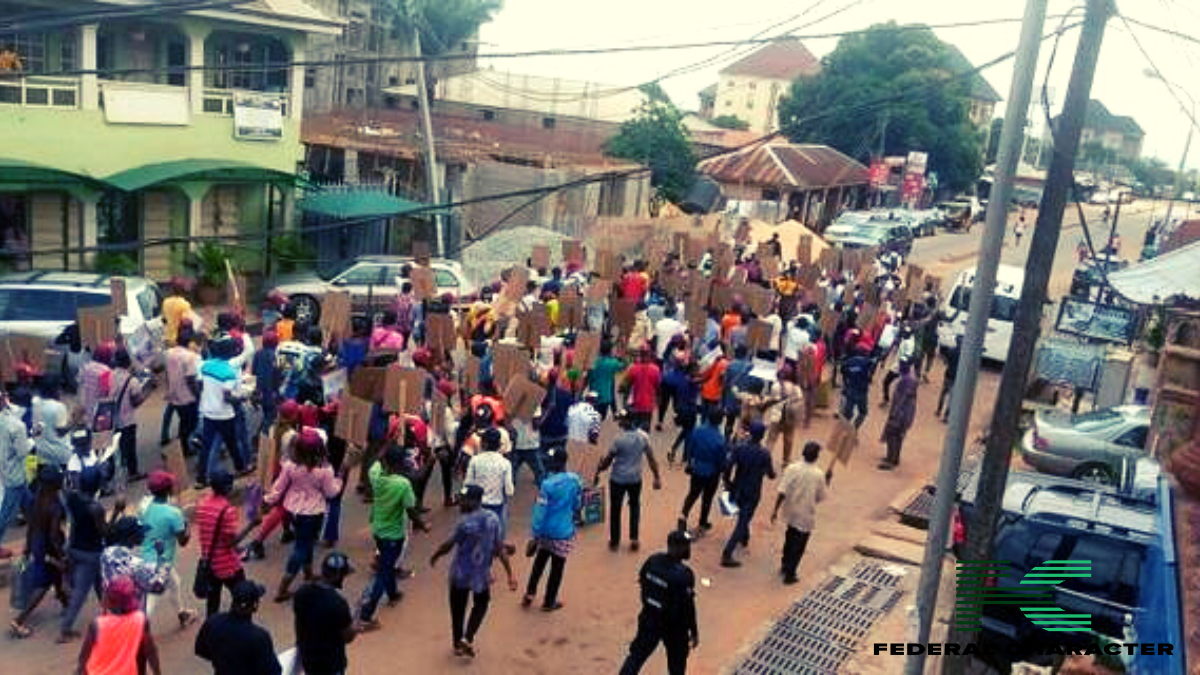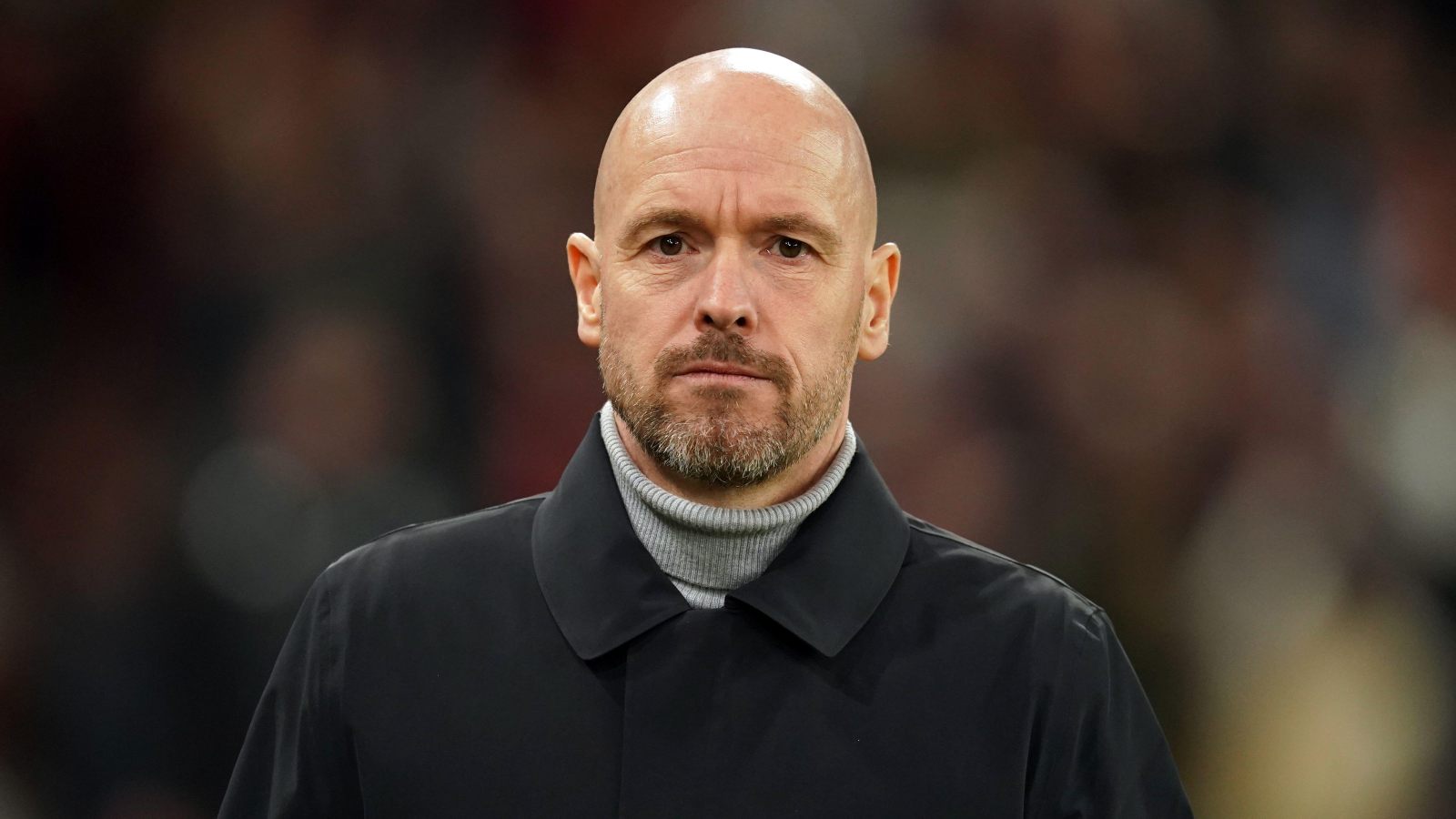The Trump administration has once again taken a hard line against the International Criminal Court by imposing fresh sanctions on four of its officials. The move targets two judges and two prosecutors, as Washington continues its fight against what it calls the ICC’s “illegitimate actions” against Israel.
The U.S. Treasury and State Department announced sanctions on Nicolas Yann Guillou of France, Nazhat Shameem Khan of Fiji, Mame Mandiaye Niang of Senegal, and Kimberly Prost of Canada. Guillou presided over the panel that approved an arrest warrant for Israeli Prime Minister Benjamin Netanyahu, while Khan and Niang are deputy prosecutors.
This action comes just three months after Washington had already sanctioned four other ICC judges.

Gaza War Cases Advance
The ICC issued arrest warrants last November for Netanyahu, former Israeli defense chief Yoav Gallant, and Hamas leader Ibrahim al-Masri, citing alleged war crimes and crimes against humanity during the Gaza conflict.
Trump’s team argues that these actions target Israel unfairly. But the ICC insists it is carrying out its duty under international law. The institution has not yet responded to this latest round of sanctions, though earlier in June it described similar measures as an attempt to undermine its independence.
The ICC, created in 2002, prosecutes genocide, crimes against humanity, and war crimes where it has jurisdiction. The United States, Russia, China, and Israel are not members, yet the court still has active investigations in Gaza, Ukraine, Sudan, Myanmar, Venezuela, Afghanistan, and the Philippines.
Trump Escalates Battles Everywhere
The Trump administration’s action against the ICC also highlights Trump himself — a leader who seems to be in a constant fight with nearly every institution on earth. From European leaders to global courts, and now international aid agencies, Trump thrives on confrontation. His refusal to back down from any fight has made him one of the most divisive figures in modern politics.
He is pressuring allies, dismissing institutions, and threatening opponents, all at once. Instead of calming tensions, Trump fuels them. His style leaves little room for diplomacy, and his latest step against the ICC only reinforces his pattern of confrontation.
Washington Tightens Grip
The sanctions freeze any U.S. assets the targeted officials may have and cut them off from the American financial system. By doing this, Washington is trying to weaken the ICC’s influence and send a message that the U.S. will not allow legal action against its allies.
Yet this approach is highly controversial. Supporters of the ICC argue that such actions threaten the global fight for justice and shield powerful leaders from accountability. For many observers, this move is another example of Trump’s government using power not to promote fairness, but to silence legal institutions. For the ICC, it is a direct attack on its independence. For Israel, it is protection from prosecution. For Trump, it is another battle in his endless war against international institutions.

